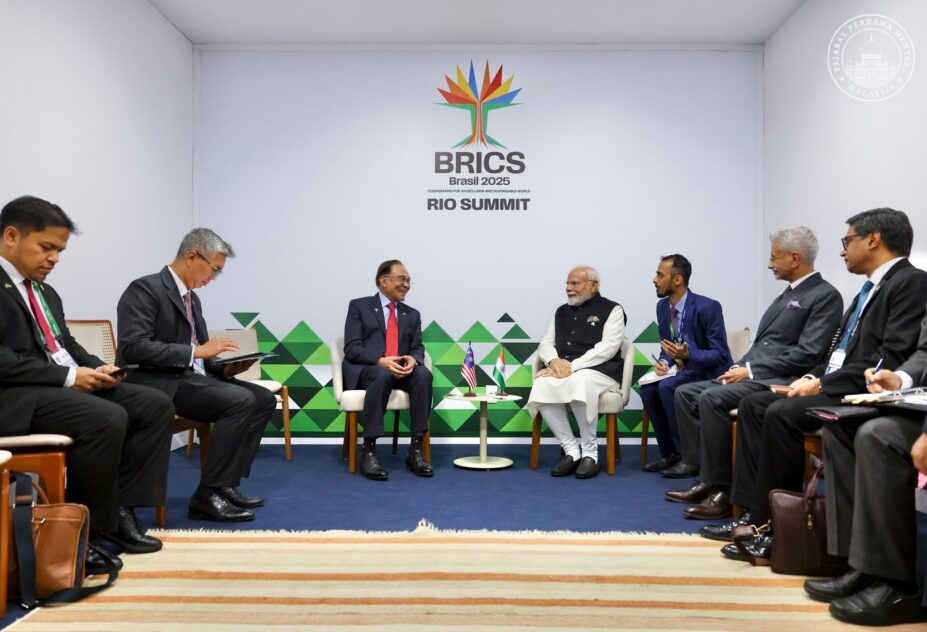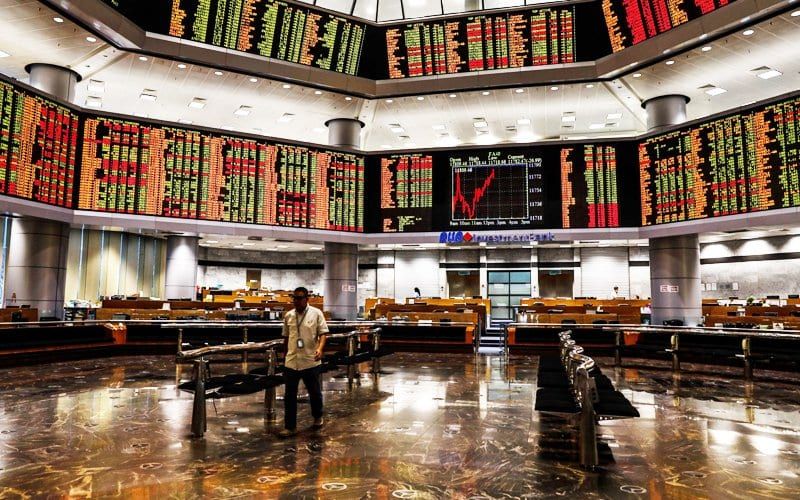BACK in 2019, things were certainly looking up for the Malaysian property sector. Chinese property buyers and investors who were looking outside their home nation for property were flocking to Malaysia.
In an interview with FocusM in February 2019, Juwai.com CEO and director Carrie Law identified capital controls, growing wealth and a dearth of other investment opportunities as the megatrends that had pushed Chinese buyers towards Malaysian real estate.
Law went on to point out that while local factors like prices, the Malaysia My Second Home (MM2H) programme and currency fluctuations helped pull Chinese buyers to Malaysia, there were also external factors in play.
According to Law, the two most important drivers for Chinese property purchasing in Malaysia are the growing wealth of Chinese consumers with few appealing investment opportunities at home, as well as Beijing’s programme of capital controls.
“Even though China’s economy is no longer growing at 10% and higher, the rate is still more than 6%. That’s more than twice what is now prevalent in the US, a country that China will pass in gross domestic product (GDP) size this decade,” she observed.
Pandemic woes abound
But fast forward to two years later – with the COVID-19 pandemic wreaking havoc on almost every expect of our lives, to say that things have changed since 2019 would be an understatement.
Needless to say, the pandemic has also turned the tables on property developers with supply overwhelming demand.
There is an ongoing problem attracting Chinese buyers no thanks to the fact that most international borders are still closed to non-essential travel, as well as the fact that Beijing is planning to keep its pandemic border restrictions in place for at least another year as officials fret over the emergence of new variants.
This is especially the case in Johor which had been over-reliant on Singaporean and Chinese property buyers for their market.
According to statistics compiled by property consultancy firm Henry Butcher, the value and volume of residential property transactions in Johor had been climbing “rather steadily” from 2017 until 2019.
In its report on the outlook of the Malaysian property market in 2021, the firm noted that the volume of transactions rose 8% in 2018 and 7.5% in 2019, while the value of the transactions increased by 1.5% in 2018 and 15.9% in 2019.
The report highlighted that the Movement Control Order (MCO) imposed by the Malaysian government from Mar 18, 2020, was a key reason that reversed the upward trend.
It said that in the first nine months of 2020, the volume and value of transactions declined by almost a quarter compared to the same period in 2019.
Johor’s Knight Frank Malaysia director and property analyst Debbie Choy said the situation is particularly bad for condominiums and serviced apartments, of which there is an oversupply in the Iskandar region.
“Many developments were targeting a large proportion of overseas buyers. With the prolonged effects of COVID-19 restricting movements, it has been challenging for developers or investors to offload either for sale or rent,” Choy told CNA.

Controversial changes to MM2H
The situation was further exacerbated by the suspension of the Malaysia My Second Home (MM2H) programme, which had been temporarily suspended since August 2020 and is only expected to resume in October 2021.
The suspension was in line with the Government’s decision to bar foreigners from entering enter Malaysia following the outbreak of COVID-19.
In one of its final acts in government, the Perikatan Nasional-led administration under former Prime Minister Tan Sri Muhyiddin Yassin had announced the reintroduction of MM2H but with some controversial changes.
The new conditions require foreigners to prove the possession of liquid assets worth RM500,000 to RM1.5 mil, depending on their age.
They must also have a monthly offshore income of at least RM40,000 and must stay a minimum of 90 days in the country each year. Meanwhile, visas issued under MM2H are now valid for five years whereas they used to be valid for 10.
The Government had since been urged to reconsider the revised conditions, with various parties warning that the new rules and tougher entry requirement would be disastrous for the country.
MM2H Consultants Association (MM2HCA) President Anthony Liew, for example, had warned that the stricter rules would scare off potential clients amid a global economy reeling from COVID-19.
“There are so many other countries that foreigners can choose instead. Some of my members’ potential clients have told them that if they had a monthly income of RM40,000, they would go to other countries.”
The biggest question at this point of time is obviously where the Malaysian property sector will go from here, and if there are any signs of recovery ahead for the sector.
While property developers remain cautiously optimistic on whether there would be blue skies ahead, it is perhaps safer to say that the situation will remain uncertain just as long as international borders remain closed and MM2H problems continue to potentially drive foreign investors and buyers away from Malaysia. – Sept 9, 2021








